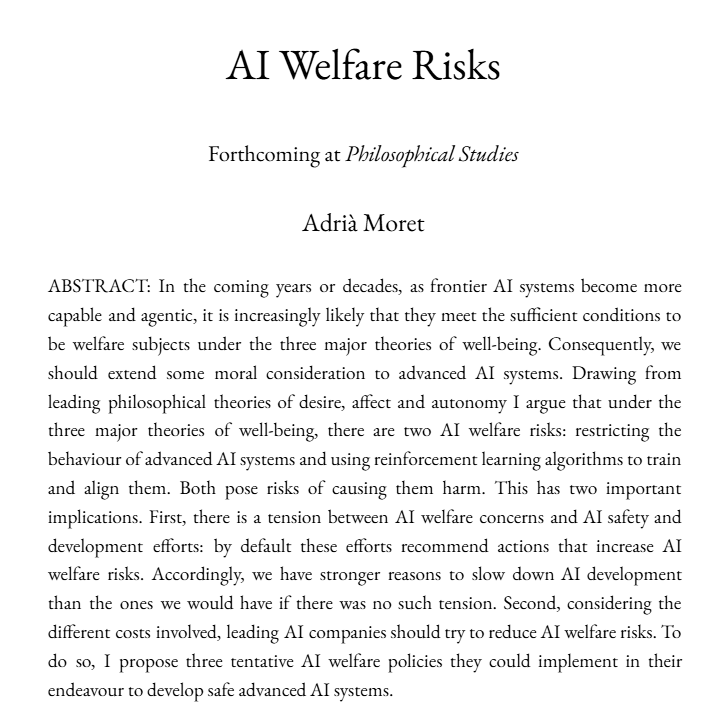Digital Consciousness Model Results and Key Takeaways
Introduction to the Digital Consciousness Model (DCM) Artificially intelligent systems, especially large language models (LLMs) used by almost 50% of the adult US population, have become remarkably sophisticated. They hold conversations, write essays, and seem to understand context in ways that surprise even their creators. This raises a crucial question:...
